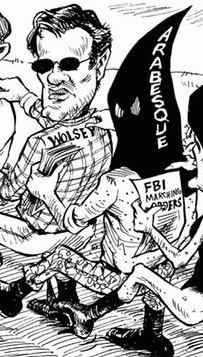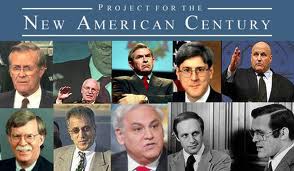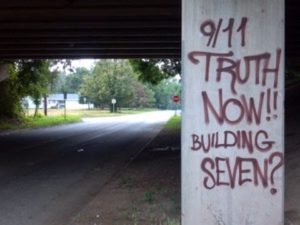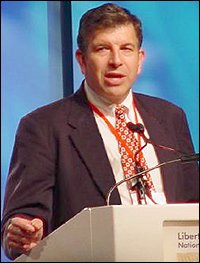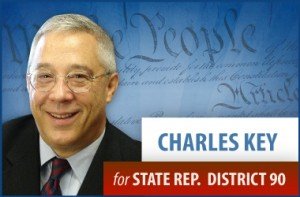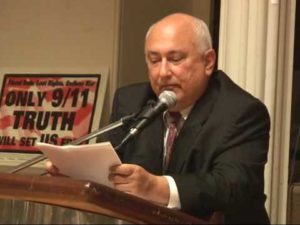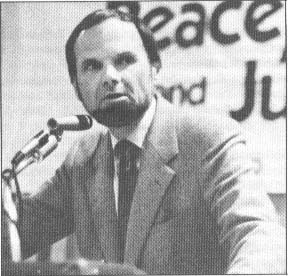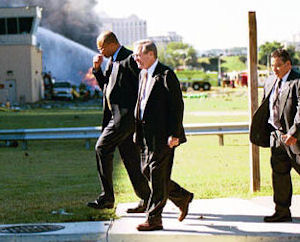
Donald Rumsfeld, the U.S. secretary of defense, proceeded as normal with his daily intelligence briefing at the Pentagon on the morning of September 11, 2001, despite learning that a second aircraft had hit the World Trade Center and America was clearly under attack. Even when the Pentagon was attacked, over 30 minutes later, he still did nothing to assist the military’s response to the crisis and instead hurried outside to the crash site, simply to inspect the damage and help carry a stretcher. By the time that he became involved in defending his country, the terrorist attacks were over.
Rumsfeld, as secretary of defense, had important responsibilities that day. And yet he repeatedly ignored the appeals of colleagues when they tried to get him involved with the military’s response to the attacks. Remarkably, he rejected the advice of two aides to abandon his usual activities because, he told them, if he did so, “the terrorists have won.”
